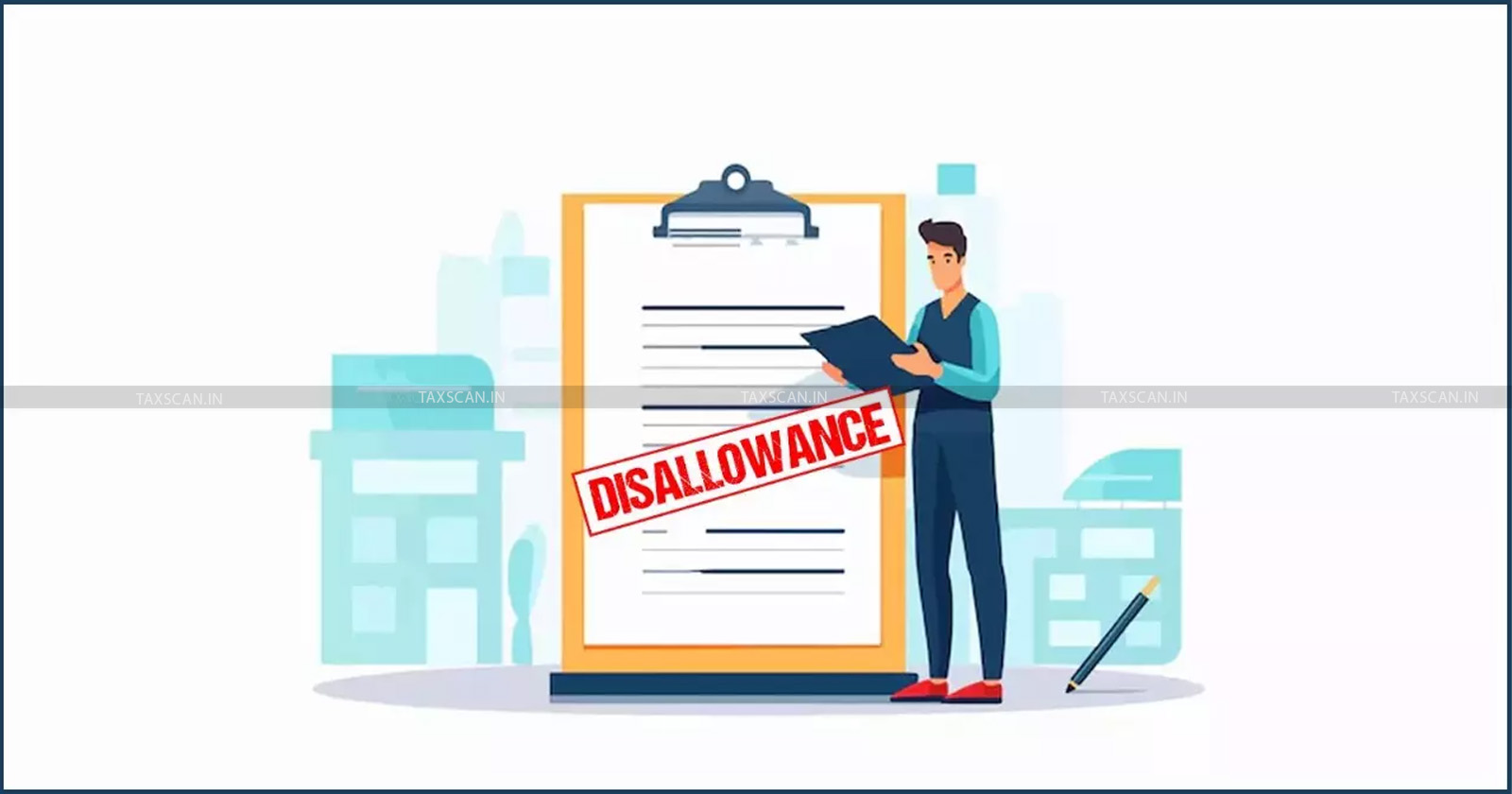ITAT Deletes Disallowance made by AO without undertaking Independent Inquiry u/s 133(6) of Income Tax Act [Read Order]
The tribunal noted that the appellant submitted reconciliations, ledger summaries, and other documents showing the deductions were made by the client and accounted for as irrecoverable
![ITAT Deletes Disallowance made by AO without undertaking Independent Inquiry u/s 133(6) of Income Tax Act [Read Order] ITAT Deletes Disallowance made by AO without undertaking Independent Inquiry u/s 133(6) of Income Tax Act [Read Order]](https://images.taxscan.in/h-upload/2025/08/25/2080298-disallowance-not-applicable-payment-account-payee-cheque-account-payee-dd-itat-taxscan.webp)
The Ahmedabad Bench of Income Tax Appellate Tribunal (ITAT) deleted the disallowance of ₹27,92,370/- made by the Assessing Officer (AO) without undertaking an independent inquiry under Section 133(6) of the Income Tax Act,1961.
Ajithsinh Takhatsinh Baraiya,appellant-assessee,was engaged in supplying manpower exclusively to M/s Harsha Engineers Limited. He filed his return of income declaring a business income of ₹7,17,682/-. During assessment, the AO observed that he claimed ₹27,92,370/- as expenditure under “Contribution to PF,” allegedly covering Provident Fund, ESIC, Professional Tax, canteen expenses, bus fare, and deficiency in services.
Master the Latest Amendments in Income Tax Act - Click here
The assessee argued that the total amount invoiced for services was ₹1,31,80,617/-, and the closing balance receivable as of 31.03.2018 should have been ₹41,33,823/-. However, the client’s ledger confirmation showed a balance of only ₹13,41,452/-, and he claimed the difference of ₹27,92,370/- as irrecoverable, classifying it as bad debt.
On scrutiny, the AO found that the appellant had not actually deposited any PF or ESIC contributions, making the original claim false. The re-characterization of the amount as bad debt appeared to have been made only after detection by the Department.
The AO also noted that the amount was never included in turnover or shown as receivable, and there was no evidence that the client was in financial difficulty or that recovery efforts had been made.
Master the Latest Amendments in Income Tax Act - Click here
Relying on the Calcutta High Court decision in CIT v. Coates of India Ltd. (1998) 232 ITR 324, the AO held that mere write-off by the debtor does not make a debt “bad” in the creditor’s hands. Since the claim lacked factual support, the AO disallowed the deduction of ₹27,92,370/- and added it to the appellant’s total income.
The Commissioner of Income Tax (Appeals)[CIT(A)] dismissed the appeal of the assessee against the addition of ₹27,92,370/- made by the AO for bad debts. The assessee had initially claimed the amount under PF and ESIC contributions, which were not deposited. When confronted, he re-characterized it as bad debt and later also claimed it included canteen and bus expenses.
 Also Read:Club and Entrance Fees Disallowance u/s 37: ITAT Upholds CIT(A)'s Order Allowing Expenditure for MRF as Reasonable for Business [Read Order]
Also Read:Club and Entrance Fees Disallowance u/s 37: ITAT Upholds CIT(A)'s Order Allowing Expenditure for MRF as Reasonable for Business [Read Order]
The CIT(A) noted that the assessee repeatedly changed his stand and did not provide any supporting details for these claims. Considering this, the CIT(A) confirmed the AO’s addition and dismissed the appeal.
The assessee aggrieved by the CIT(A) order appealed before the tribunal.
The two member bench comprising Dr. BRR Kumar (Vice President) and Siddhartha Nautiyal (Judicial Member) reviewed the submissions of both parties and noted that the appellant-assessee claimed that M/s Harsha Engineers Ltd. had deducted ₹27,92,370/- from gross billings of ₹1,70,00,165/- towards PF, ESIC, canteen expenses, bus fare, and deficiency in services, while only ₹1,27,16,61/- was received.
The assessee argued that the amount was never recovered and had been written off by the client, relying on judicial precedents that recognize book write-offs as sufficient to claim a bad debt.
The tribunal observed that the assessee submitted reconciliations, ledger summaries, and other documents to show that the deductions were made by the client and accounted as irrecoverable.
Although the assessee initially claimed the amount under PF and ESIC, the later reclassification as bad debt or irrecoverable deductions was acceptable under the principle of substance over form. The client, an independent party, did not dispute the deductions, and the AO had not conducted any inquiry under Section 133(6) to verify the accounting treatment.
Considering the evidence and binding legal precedents, the tribunal held that the disallowance of ₹27,92,370/- by the AO, upheld by the CIT(A), was liable to be deleted, subject to verification that the amount had been properly written off in the assessee’s books and had not been offered in any previous assessment year. The AO was directed to allow the deduction in accordance with law.
Accordingly the appeal was allowed for statistical purposes.
Support our journalism by subscribing to Taxscan premium. Follow us on Telegram for quick updates


